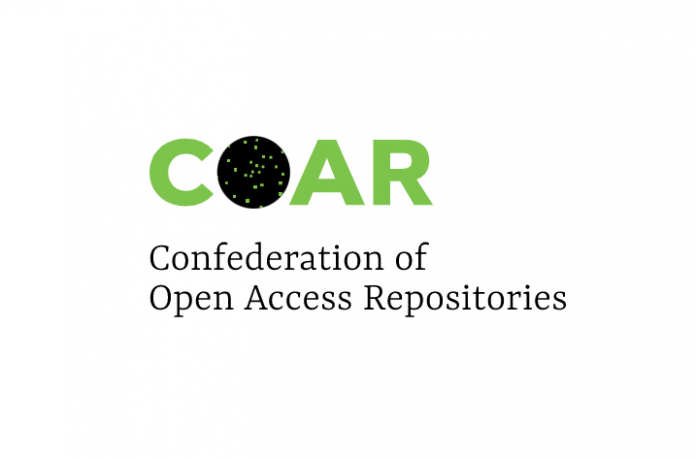
The trend towards open science / open scholarship is strengthening and expanding. The COVID-19 pandemic has made open scholarship a top priority for governments and the research community around the world and there is a growing recognition about the need for greater equity in scholarly communications, as underscored in the UNESCO draft recommendations which were developed through consensus by over 100 member countries.
Open access repositories and the global repository network represent critical infrastructure for open science / open scholarship.
OA repositories advance equity and diversity, because they are localized and can respond to different users’ needs, and they are more likely to be sustainable and persistent because they are usually managed by long-lived research institutions and their libraries.
And with the significant new functionalities being introduced through the COAR Next Generation Repositories Initiative and the COAR Notify Project, repositories are poised to take on an even more expansive role in the scholarly communications landscape.
To take advantage of this moment, COAR is launching an international strategy to modernize repositories.
Despite the widespread adoption of repositories around the world, many struggle with low visibility in their research community, are running old versions of software platforms, and/or are understaffed.
This strategy, which was launched on July 6, 2021 with a meeting of interested national and regional partners, will help position repositories to embrace their new and expansive role in the scholarly communications landscape. Working with key partners in each region and country, the strategy will develop individualized plans for each participating country and region – plans that will be highly tailored to the local context and address each country’s most salient and acute challenges.
The meeting was attended by participants from Africa, Australia, Canada, China, Japan, Korea, Europe, Latin America and the United States.
The strategy and plans will be developed from July – September 2021. Following this, COAR will work to assist each participating country and region in implementing them.
Stay tuned for more information over the coming months!

























